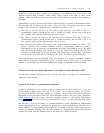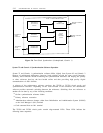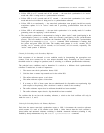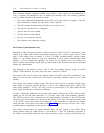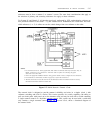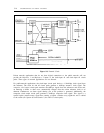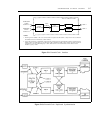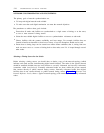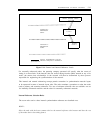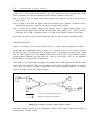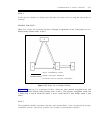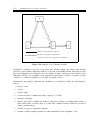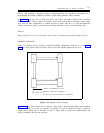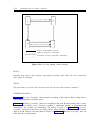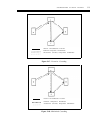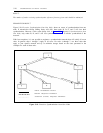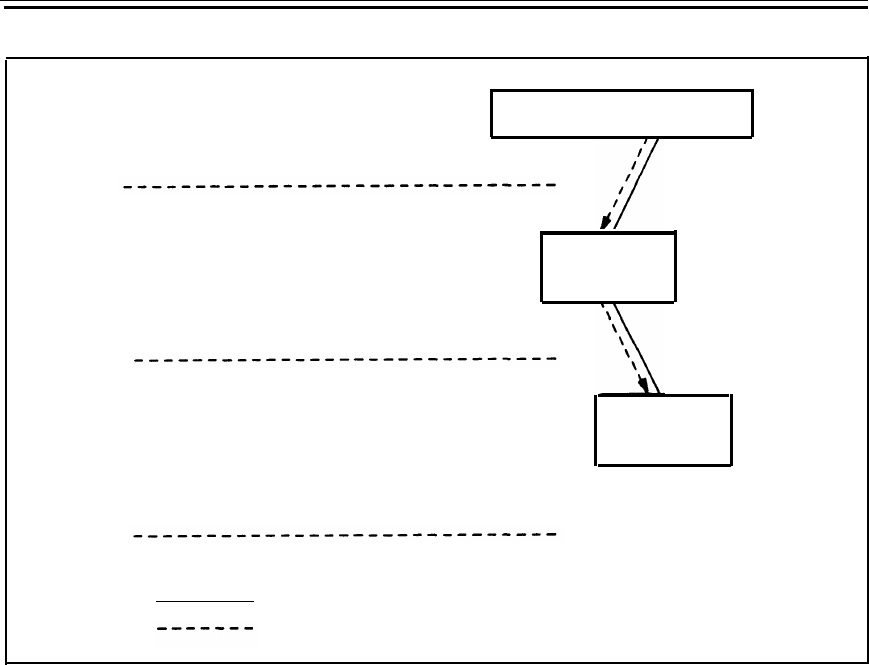
SYNCHRONIZATION OF DIGITAL FACILITIES
5-19
DIGITAL SERVING OFFICE
EXTERNALLY
REFERENCED
NODES
SYSTEM
85 OR 75
INTERNALLY
REFERENCED
NODES
SYSTEM
85 OR 75
DIGITAL TRANSMISSION FACILITY
PRIMARY FREQUENCY REFERENCE
Figure 5-11. External and Internal Reference Levels
For externally referenced nodes, the operating company personnel will specify what the source of
timing is on those links. If the network does not receive timing from the public network at any of its
nodes, the master-slave relationships in the network will then be determined by those persons
responsible for engineering the synchronization of the network.
This internal and external referencing concept permits constraints in synchronization network layout
to be expressed in terms of network layout rules. The rules constitute a procedure to select the nodes
used as primary and secondary references. Two sets of reference selection rules are available: one set
for internally referenced networks and the other for externally referenced networks.
Internal Reference Selection Rules
The seven rules used to select internal synchronization references are described next.
RULE 1:
Select the node with the lowest stratum clock as the network reference clock master and have the rest
of the nodes derive slave timing from it.



